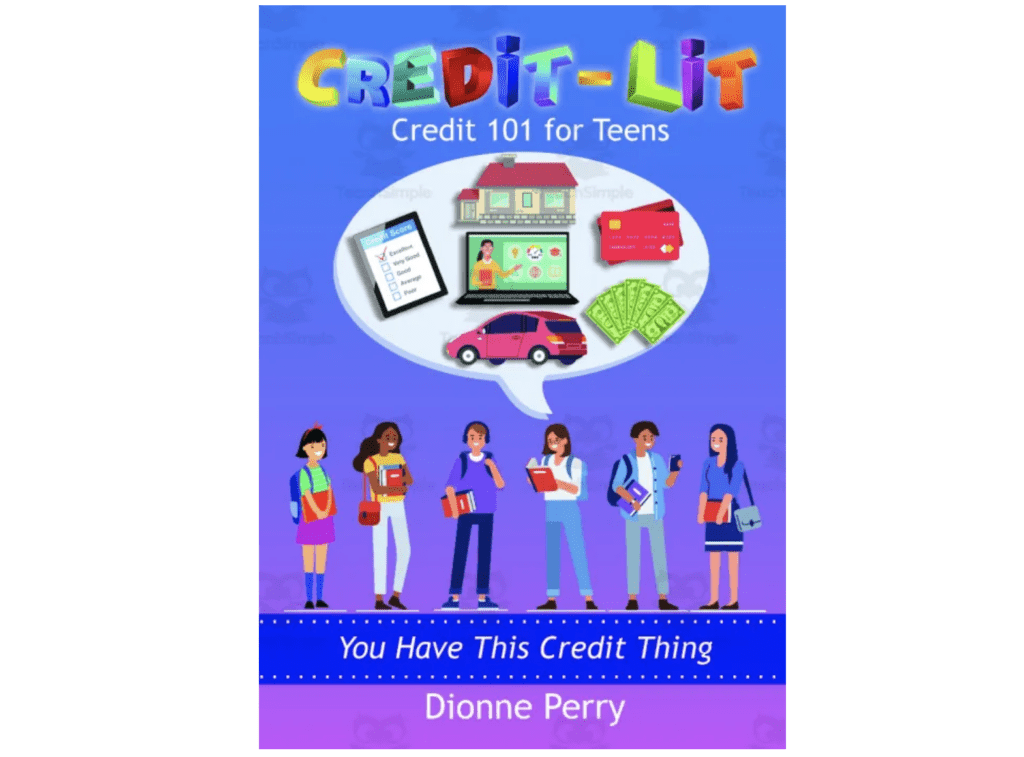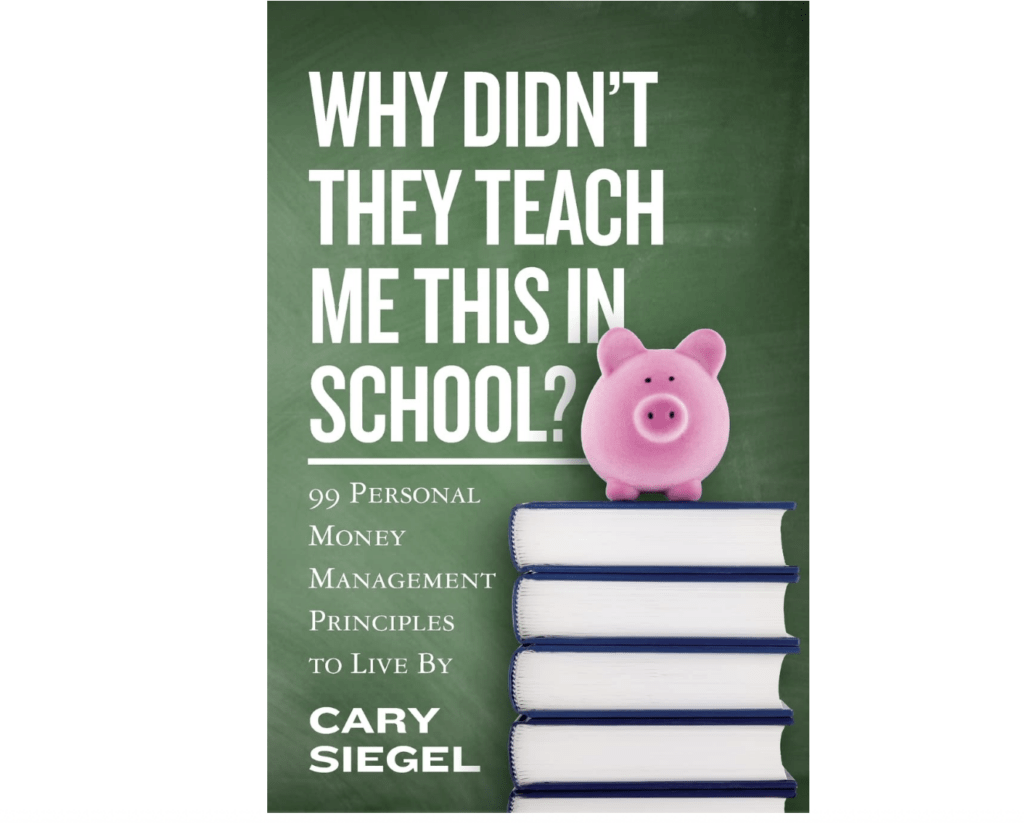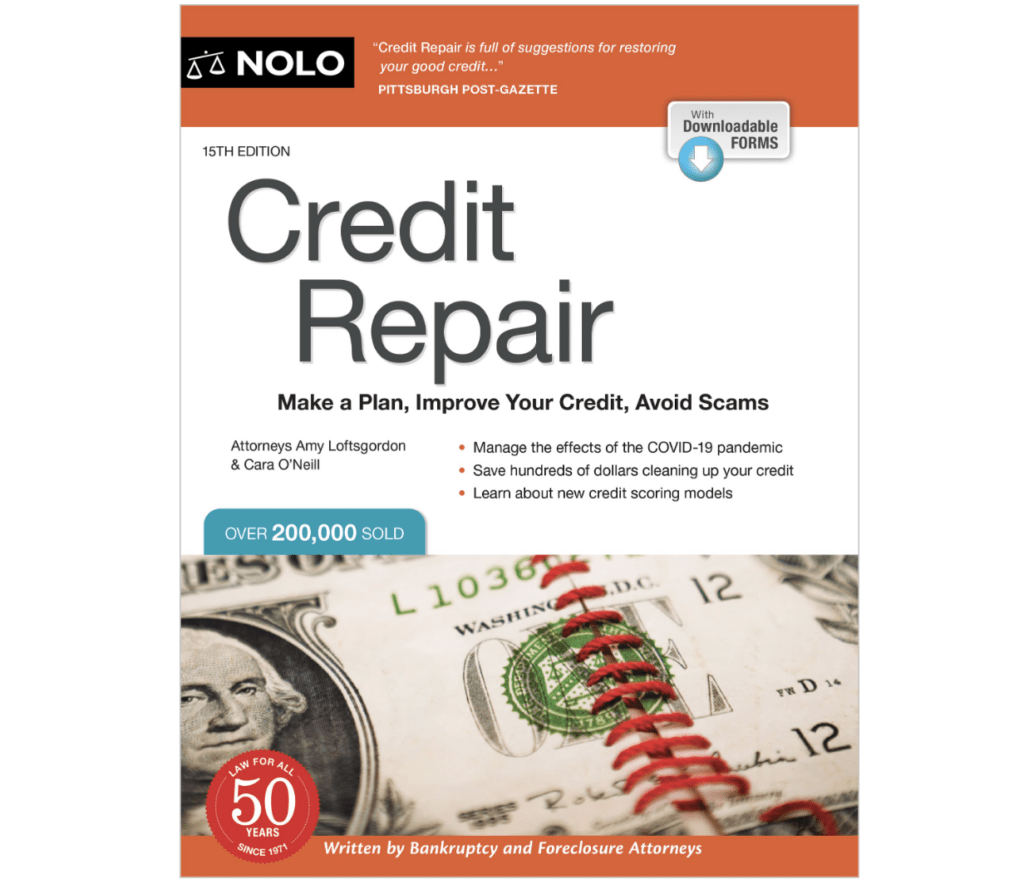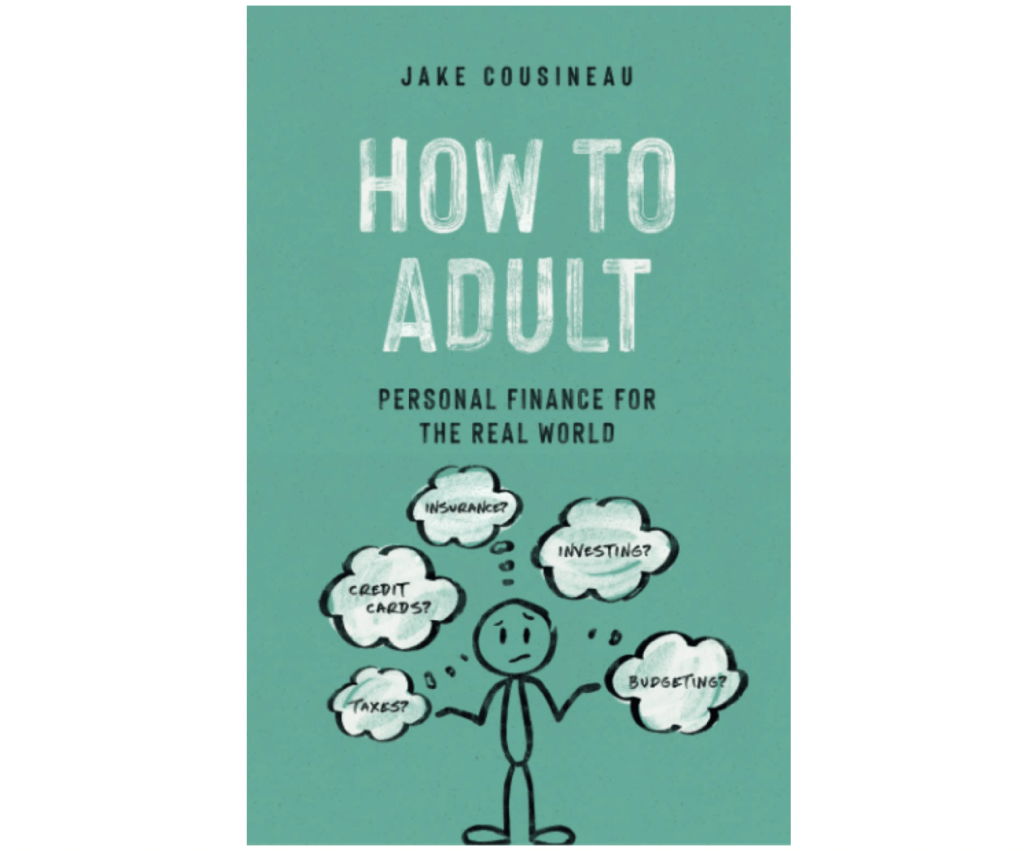Best Books for Teens To Build Credit—Five Recommendations To Check Out

Start Building Your
Child’s Credit
A typical teen has a lot on their mind, and credit building likely isn’t at the top of their priority list. It doesn’t help that personal finance is often omitted from the K-12 curriculum, with only 23 states mandating it. Without a parent’s conscious effort, many teens don’t develop the necessary financial literacy to carry into adulthood.
If you don’t want your child to be among them, there are many ways to teach them about credit as a crucial aspect of financial stability. The main challenge lies in finding a way to make financial education interesting and ensure your child is engaged in the process.
This guide highlights the best books for teens to build credit that discuss all the essential principles in a fun, digestible way. Before covering the list, though, it’s worth stressing the importance of early credit education.
Why Teens Should Learn About Credit
While your child may believe there are more immediate concerns to think about than credit building, don’t let them underestimate the value of being proactive. Teens shouldn’t wait until they get their first credit card or loan to start learning, as they might make costly mistakes.
Before your child is ready to establish their credit profile, they should at least know the basic mechanisms behind it. This includes the following:
- How credit scoring works
- How their spending behavior affects their credit profile
- What healthy credit habits look like
You can teach your child all of the above from experience, but it’s always good to have a helping hand. A good book written by a financial expert can make a world of difference and let your child climb the learning curve faster.
Five Credit-Building Books for Teens
Among the numerous personal finance books focusing on credit, the following five stand out because of their value and teen-friendly approach:
- “Credit-Lit—Credit 101 for Teens” by Dionne Perry
- “I Want More Pizza” by Steve Burkholder
- “Why Didn’t They Teach Me This in School?” by Cary Siegel
- “Credit Repair” by Amy Loftsgordon, Cara O’Neill
- “How To Adult” by Jake Cousineau
“Credit-Lit—Credit 101 for Teens”

Source: Amazon
Written by a board-certified credit consultant, this book is an excellent introduction to the credit system. It lays out all the key credit-building concepts in a simple way suitable for teens of all ages.
Some of the main topics covered in the book include:
- Benefits of good credit and consequences of a poor credit score
- Practical tips for saving money
- Guidelines for responsible spending
“Credit-Lit” also features numerous illustrations that make it easier for younger teens to grasp all the key ideas. The creative visuals make the book interesting and engaging, ensuring your child enjoys the learning process.
“I Want More Pizza”

Source: Barnes & Noble
In slightly over 100 pages, Steve Burkholder summarizes all the financial information teens need to start their adulthood on the right foot. The author uses pizza analogies throughout to make the book’s contents more appealing to children and simplify some of the more complex ideas.
The book is split into four “slices:”
- “You”
- “Saving”
- “Growing Your Savings”
- “Debt”
Each part addresses a specific aspect of financial well-being, many of which are crucial to building a strong credit profile. The “Debt” section is particularly useful, as it focuses on smart credit card use and debt management.
“Why Didn’t They Teach Me This in School?”

Source: Amazon
This book aims to fix the issue discussed at the beginning of this article—a lack of financial education in schools. It was written by a retired business executive who gathered all the knowledge he’d wanted to pass on to his five children.
As the subtitle implies, the book contains “99 personal money management principles to live by.” It touches on everything from everyday finances to mortgages and insurance, all in a digestible way teens can understand easily.
Besides directly addressing some credit-building matters, “Why Didn’t They Teach Me This in School” discusses numerous habits necessary for securing a strong credit profile. It teaches teens how to avoid falling victim to consumerism, save money wherever possible, and practice healthy spending behavior.
The book has been widely recommended by many experts and reputable outlets like Forbes, so it’s undoubtedly a valuable addition to your child’s financial education.
“Credit Repair”

Source: Amazon
“Credit Repair” was written by two bankruptcy and foreclosure attorneys with the aim of helping those with poor credit get back on track. It’s suitable for older teens as well, though, as it touches on numerous steps your child can take to avoid credit issues, most notably:
- Budgeting and debt prioritization
- Debt reduction
- Adding positive information to a credit report
Besides the above topics, the main reason this book made our list is that it covers a problem many books omit—identity theft. This is a highly prevalent crime in the U.S. payment system, affecting one in 50 children annually.
“Credit Repair” offers advice on avoiding identity theft that can be useful to children and parents alike. It also explains how to fix errors on a credit report and ensure all information is accurate and up to date.
“How To Adult”

Source: Amazon
Jake Cousineau has been teaching personal finance to high-school and college children for several years, helping them develop responsible spending habits. “How To Adult” is a collection of his most impactful lessons regarding credit, investing, budgeting, and various other aspects of financial stability.
Besides theoretical knowledge, the book offers practical examples and real-life experiences that bring the key concepts closer to teens. Cousineau shares his own stories about credit cards, mortgages, and important milestones a child will encounter while building credit. Each chapter ends with a “Build Your Skill” section, helping children apply everything they learn.
If you’re unsure how to explain complex financial matters beyond credit building to your child, this book can help by clarifying concepts like compound interest, insurance deductibles, and Roth IRAs. Such comprehensive coverage will help your child understand the broader context of financial management and make wise decisions accordingly.
Beyond Books—How To Support Your Child’s Credit-Building Journey
There’s a high chance your child won’t obtain their first credit product before their late teens or early 20s. Due to the restrictions imposed by the CARD Act of 2009, they can’t get a credit card before 21 unless they demonstrate an ability to make payments independently or have a co-signer.
This doesn’t mean your child can’t start building credit sooner—but you’ll need to help them out. After teaching them all they need to know about credit, you can jump-start your child’s credit profile in several ways:
- Co-signing a loan
- Helping your child get a secured credit card (or other products available to those with a limited credit history)
- Adding a child as an authorized user of your card
The problem with most of these methods is that they’re risky. Co-signing a loan or adding your child as an authorized user can hurt your credit, while independent products like a secured card can damage your child’s score if they fail to apply the knowledge they got.
If you want to avoid such risks and ensure your child starts off with a solid credit profile, FreeKick can be an excellent solution.
Avoid Credit Card Restrictions With FreeKick
Getting a credit card as a teenager comes with many challenges. If you’re looking for an easier way to build credit early on in life, consider FreeKick by Austin Capital Bank. FreeKick is an FDIC-insured deposit account that offers two services—credit building and identity protection.
Using FreeKick to Build Credit
You can use FreeKick’s credit building service if you’re between 13 and 25 years of age. Ask your parents to take the following three steps:
- Create an Account—Sign up on FreeKick.bank and choose a deposit that suits your parents’ budget
- Set It and Forget It—FreeKick will start building 12 months’ worth of credit history for you and your siblings
- Keep Growing—After 12 months, your parents can either close the account without any fees or continue building credit for you for another year
As a result of these three steps, you can get up to five years of credit head start when you turn 18. This will help you save $200,000 during your lifetime because you’ll be able to secure loans with more favorable terms.
Using FreeKick to Protect Identity
A child’s identity is stolen every 30 seconds. If you fall victim to this crime, your credit building efforts may go to waste because identity criminals may use your identity to take out loans and commit crimes, damaging your credit. To avoid this scenario, FreeKick offers the following identity protection services for minors:
- Credit profile monitoring
- Social Security number (SSN) monitoring
- Dark web monitoring for children’s personal information
- Up to $1 million identity theft insurance
- Full-service white-glove concierge credit restoration
- Sex offender monitoring—based on sponsor parent’s address
Your parents can also benefit from FreeKick’s identity protection services. Here’s what adult children and parents get:
- Credit profile monitoring
- SSN monitoring
- Dark web monitoring for personal information
- Up to $1 million identity theft insurance
- Full-service white-glove concierge credit restoration
- Lost wallet protection
- Court records monitoring
- Change of address monitoring
- Non-credit (Payday) loan monitoring
- Free FICO® Score monthly
- FICO® Score factors
- Experian credit report monthly
FreeKick Pricing
FreeKick offers two pricing plans:
| FDIC-Insured Deposit | Annual Fee |
| $3,000 | $0 (Free) |
| No deposit | $149 |
Both plans offer the following:
- Credit building for six children aged 13 to 25
- Identity protection for two parents and six children aged 0 to 25
Kickstart your credit profile with ease and secure your identity—sign up for FreeKick today.
Featured image source: Alexis Brown